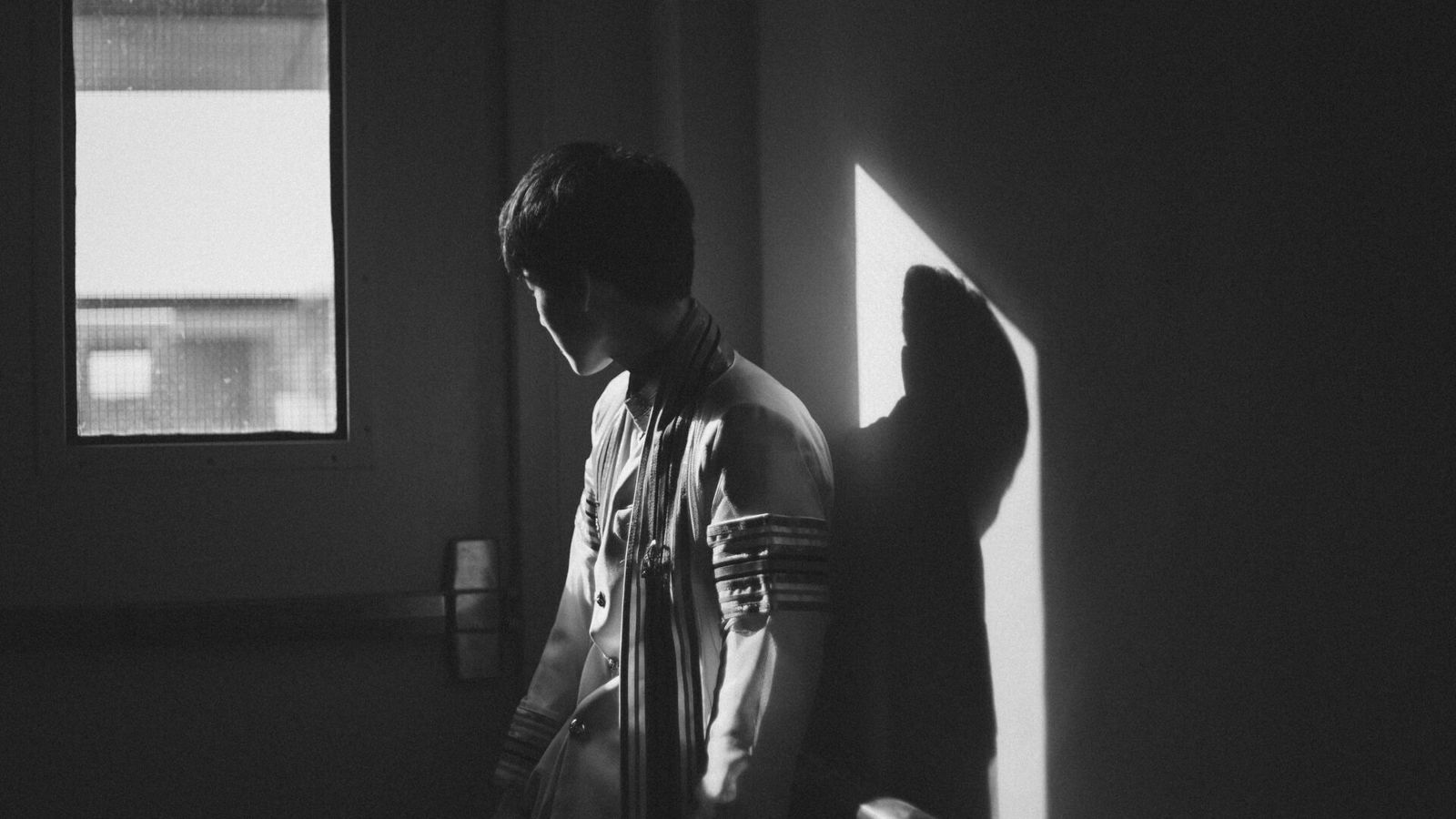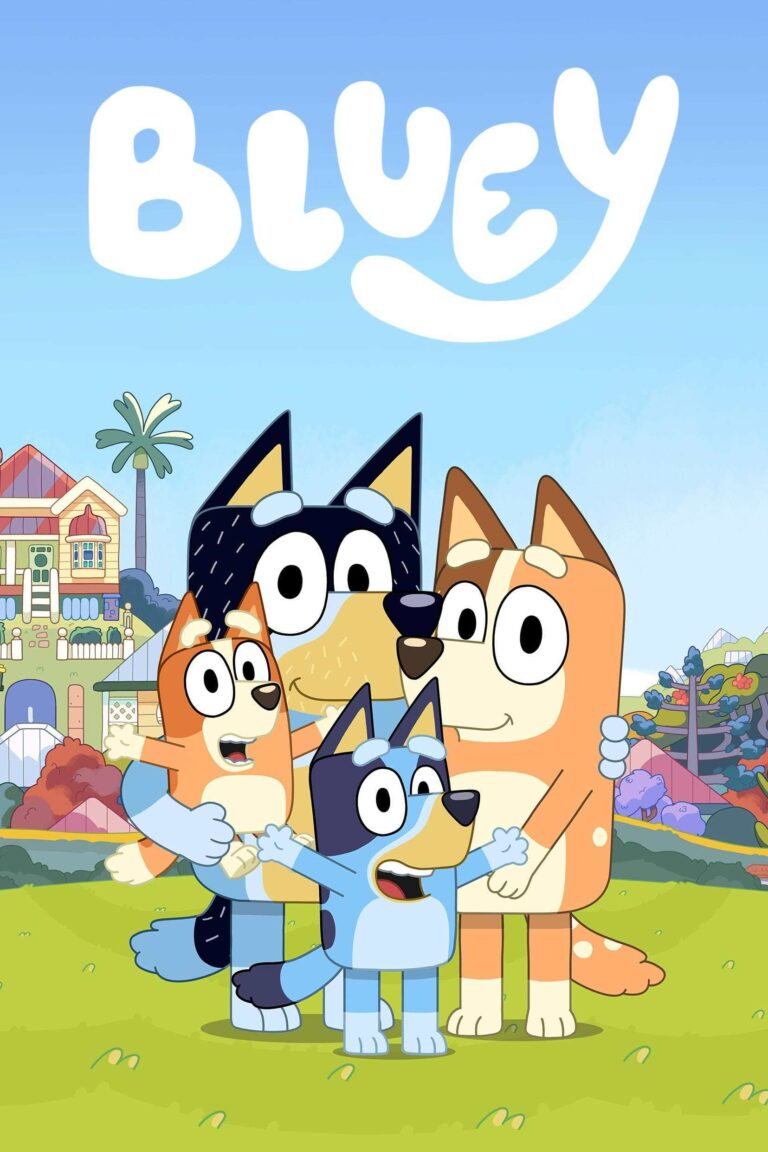
By India McCarty
Instead of focusing on Big Tech, this year’s National Center on Sexual Exploitation’s “Dirty Dozen” list spotlights 12 survivors who have been silenced by legislation designed to protect the very websites that have exploited them.
“Online sexual abuse is rising exponentially but Section 230 of the Communications Decency Act is preventing survivors from receiving justice,” Haley McNamara, Senior Vice President of Strategic Initiatives and Programs at NCOSE, said in a statement.
She continued, “Laws should protect those who have experienced horrific crimes, but instead, Section 230 gives online platforms broad immunity for crimes committed on their sites. This must end.”
McNamara called Section 230 “the greatest enabler of online sexual exploitation,” which is why NCOSE decided to rework their “Dirty Dozen” list this year.
Related: NCOSE to Launch 2025 Dirty Dozen List April 3
“Our 2025 Dirty Dozen List was re-imagined this year to highlight 12 survivors who have been prevented from receiving justice for the crimes perpetrated on them because Section 230 exists,” she explained. “Some of these survivors were contacted by predators over tech platforms; some were groomed and trafficked online; some had their child sexual abuse posted online. All of these survivors have sought justice without success because Section 230 is standing in the way.”
The list contains survivors who were preyed on in Omegle and Kik chat rooms, trafficked via Craigslist, Facebook and Instagram and victimized by revenge porn distributed by Reddit and X.
Dani Pinter, Senior Vice President and Director of the Law Center for the NCOSE, said, “Section 230 has become a legal loophole that has been interpreted to broadly grant online platforms immunity from liability, even when they knowingly, recklessly, or negligently enable child sexual abuse, sex trafficking, and other harms.”
The solution? Pinter called for Congress to “repeal Section 230 to hold Big Tech accountable, to give survivors access to justice, and to prevent online sexual abuse and exploitation at mass-scale.”
Senators have recently pushed to reverse the protections afforded to Big Tech, with Sens. Dick Durbin (D-Ill.) and Lindsey Graham (R-S.C.) expected to introduce a bill soon that would do so.
“The damage being done every year just gets worse,” Graham told The Hill. “There’s more support from the public [this session], the parents and grandparents feel helpless.”
Graham has long been working to get rid of Section 230. He introduced legislation in 2020 which would’ve given Congress two years to find an alternative to Section 230. The bill he and Durbin are expected to introduce will most likely resemble his 2020 effort.
“To the extent this protection was ever needed, its usefulness has long since passed,” Durbin said. “I’m under no illusion it will be easy to pass legislation to protect kids online and finally make the tech industry legally accountable for the harms they cause. But I hope that for the sake of our nation’s kids, Congress finally acts.”
The full “Dirty Dozen” list, with each survivor’s story, can be found at www.DirtyDozenList.com.
Read Next: Clarence Thomas Condemns Condemns Big Tech Overreach, Section 230, Twitter
Questions or comments? Please write to us here.


 - Content:
- Content: 

